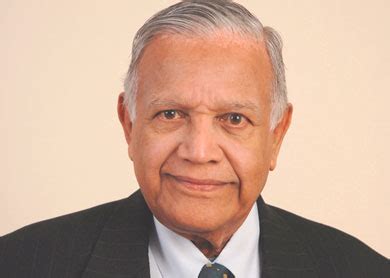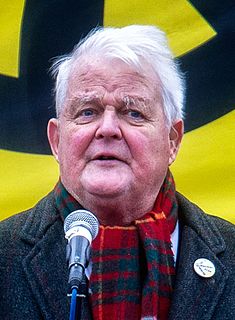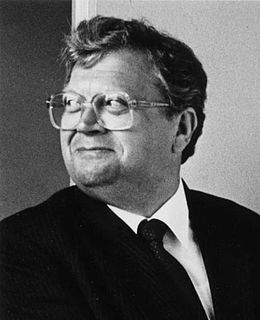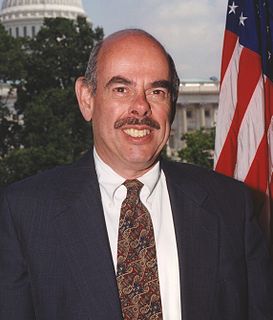A Quote by Ted Lieu
Under both international and domestic law, the United States is authorized to have nuclear weapons.
Quote Topics
Related Quotes
But elimination will only happen if all countries - nuclear and non-nuclear states - genuinely work towards this result. Nuclear states must abolish their arsenals, as was indicated by the unanimous opinion of the international Court of Justice, the highest international tribunal. The five nuclear states seem to expect others to refrain from obtaining bombs while at the same time maintaining their own caches of deadly weapons.
Iraq both poses a continuing threat to the national security of the United States and international peace and security in the Persian Gulf region and remains in material and unacceptable breach of its international obligations by, among other things, continuing to possess and develop a significant chemical and biological weapons capability, actively seeking a nuclear weapons capability, and supporting and harboring terrorist organizations.
What is the only provocation that could bring about the use of nuclear weapons? Nuclear weapons. What is the priority target for nuclear weapons? Nuclear weapons. What is the only established defense against nuclear weapons? Nuclear weapons. How do we prevent the use of nuclear weapons? By threatening to use nuclear weapons. And we can't get rid of nuclear weapons, because of nuclear weapons. The intransigence, it seems, is a function of the weapons themselves.
The worst part of what we heard Donald [trump] say has been about nuclear weapons. He has said repeatedly that he didn't care if other nations got nuclear weapons, Japan, South Korea, even Saudi Arabia. It has been the policy of the United States, Democrats and Republicans, to do everything we could to reduce the proliferation of nuclear weapons.
Basically [United States and France] said "We will use nuclear weapons whenever it suits our purposes to do so." So this expansion of doctrines regarding possible use of nuclear weapons makes them more, you know, sort of, salient and important and so it's increasing the perceived political value of nuclear weapons and therefore causing or contributing to possible proliferation.
This is a good deal for the United States, north Korea will freeze and then dismantle its nuclear program. South Korea and our other allies will be better protected. The entire world will be safer as we slow the spread of nuclear weapons. The United States and international inspectors will carefully monitor North Korea to make sure it keeps its commitments. ...Only as it does, so will North Korea fully join the community of nations.
One of the greatest concerns that I had when I became President was the vast array of nuclear weapons in the arsenals of the United States and the Soviet Union and a few other countries, and also the great proliferation of conventional weapons, non-nuclear weapons, particularly as a tremendous burden on the economies of developing or very poor countries.
It is my fervent goal and hope... that we will someday no longer have to rely on nuclear weapons to deter aggression and assure world peace. To that end the United States is now engaged in a serious and sustained effort to negotiate major reductions in levels of offensive nuclear weapons with the ultimate goal of eliminating these weapons from the face of the earth.
On both of my major trips to North Korea, the leaders of the country made it plain that they want to make progress towards doing away with nuclear weapons and towards ending the longstanding, official state of war which persists between North Korea and the United States and South Korea, a war which has continued since the ceasefire over fifty years ago. That sort of thing happens quite often when we meet with people who are kind of international outcasts with whom the government of the United States won't meet.
He has systematically violated, over the course of the past 11 years, every significant UN resolution that has demanded that he disarm and destroy his chemical and biological weapons, and any nuclear capacity. This he has refused to do. He lies and cheats; he snubs the mandate and authority of international weapons inspectors; and he games the system to keep buying time against enforcement of the just and legitimate demands of the United Nations, the Security Council, the United States and our allies. Those are simply the facts.































